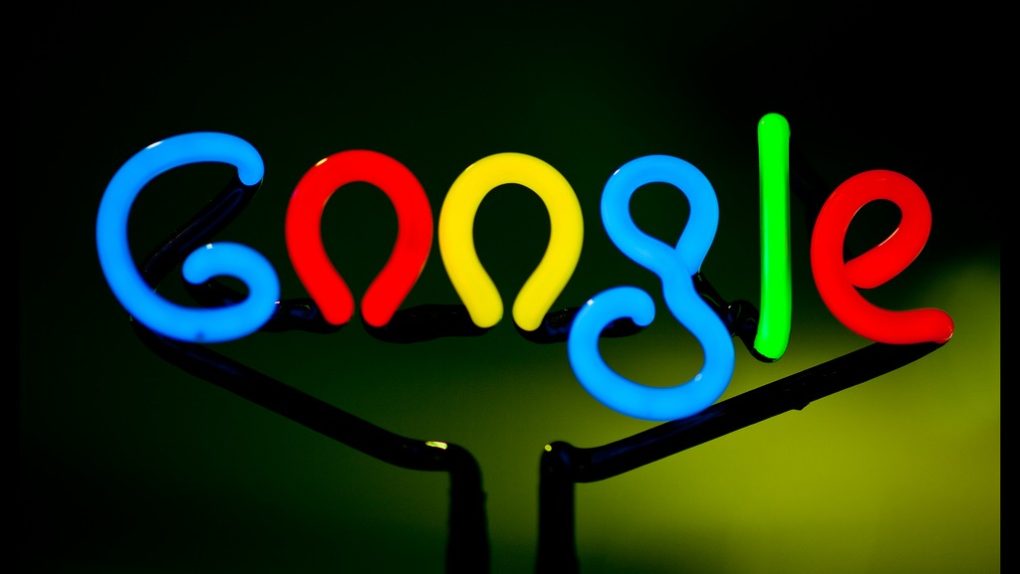If the stream of big Google-related news so far this week — from details about Android P to some of the wow moments at I/O like Duplex — has reminded us of anything, it’s this. A fact that’s easy to overlook about the Mountain View giant, when companies like Twitter and Facebook, with all its recent mishaps, are the focus of so much media obsession:
If there’s such a thing as an indispensable company, Google may definitely be it. For better or worse.
Here’s a ground-level look at why what Google does — from how the next version of its operating system will look and feel to the grander, more experimental projects that get center stage at I/O — is so consequential. Even though conventional wisdom is that — for media companies, for example, your impression of Twitter and Facebook might stem in part from simply the media’s obsession with them.
Google, in fact, is closer to being that one company that we can’t afford to lose. Not that that’s poised to happen anytime soon, of course, but consider how tightly embedded into —- well, everything Google has made itself. Axios co-founder Jim VandeHei, in a piece for the digital news site timed with I/O Tuesday, put it this way: We in the media are obsessed with Facebook, but “exponentially more dependent on Google.”
As Jim explains in the piece: “We write about Google. We Google to write about everything, including Google. We trade notes about stories on Google’s Gmail, Google Hangouts and, for some, GChat. Then we stick our plans into our Google Calendars.
“We optimize our website so every story shows up on Google search. To make sure we are getting it right, we use Google Data Studio (from time to time), Google BigQuery, and Google’s Search Console to measure search health. We hope and wait for our stories to also show up on Google Newsstand, Google News or in Google Chrome suggestions. How do we know where traffic is coming from? Google, of course: using Google Analytics 360.”
It doesn’t end there, but you get the idea.
Not to put Google on a digital pedestal. Facebook, it goes without saying, has tentacles that likewise spread far and wide, and it would be jarring in its own way to consumers if the company disappeared tomorrow. (Just ask all of the media outlets for whom Facebook, in a way, is disappearing already via the umpteenth deprioritization of their content in the newsfeed). Maybe it’s because Facebook’s newsfeed and its properties like Instagram skew our perception about the company’s utility compared to Google, where much of its importance and value isn’t as consumer-facing.
It is not impossible to live without Apple products. Consider Google’s myriad properties and services, though, and try to identify good alternatives for the entirety of that Googley list. It’s why weeks like this one — when Google unveils at its developer conference, for example, an AI system that approaches human-like behavior and quirks in interacting with businesses on the phone – remind us the company is so consequential, so important.
It’s easy to forget there’d been more than a dozen search engines that came to market before Google was founded, in 1998. For this year — Google’s 20th birthday — the company is changing the way much of the world interacts with their phones, via the coming Android P update. Google I/O showed us everything from Google auto-completing entire emails to news that John Legend will be the new voice of Google’s Assistant.
“I don’t even need human John anymore,” his wife Chrissy Teigen tweeted.
“Well,” John teasingly respond in a tweet of his own, “The Google Assistant doesn’t do EVERYTHING.”
Not yet, at least.







